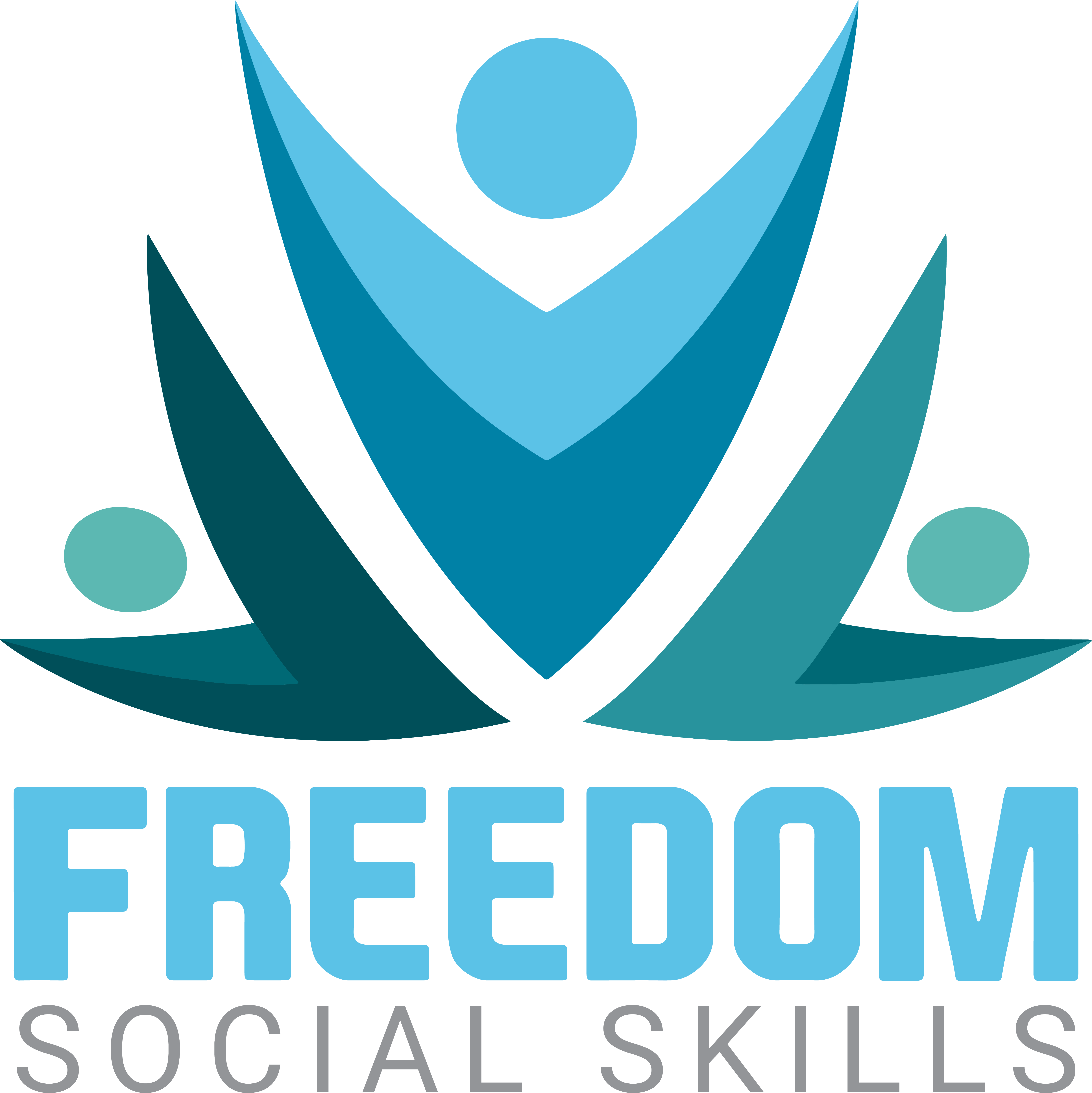Play-based therapy is an effective and engaging approach for promoting social skills development in children. It recognises that play is a natural and meaningful way for children to explore, communicate, and interact with their environment and others. Here are some strategies and activities commonly used in play-based therapy for social skills development:
- Structured Play Scenarios:
- Create structured play scenarios that mimic real-life social situations. For example, set up a small play kitchen for cooking and sharing, or create a pretend grocery store for shopping and taking turns.
- Role-Playing:
- Use role-playing activities to help children practice different social roles and behaviours. This could include scenarios like playing house, doctor, or teacher, where they can take on different roles and learn to navigate social interactions.
- Board Games:
- Board games provide a structured and enjoyable way to practice turn-taking, following rules, and sharing. Games like Snakes and Ladders, Jenga, or UNO can be adapted to focus on specific social skills.
- Storytelling and Puppetry:
- Use storytelling and puppetry to explore social situations and emotions. Create stories that involve characters facing social challenges and encourage the child to discuss how the characters might feel and what they could do to solve problems.
- Therapeutic Play Dough Sessions:
- Play dough can be a versatile tool for social skills development. Encourage children to work together to create something collaboratively, fostering communication, negotiation, and cooperation.
- Building with Blocks:
- Building activities, such as playing with blocks, can promote teamwork and communication. Encourage children to plan and build structures together, requiring them to share ideas and work collaboratively.
- Art and Craft Activities:
- Engage in art and craft activities that involve cooperation and sharing of materials. This could include creating a group mural, crafting a collaborative project, or working together on a themed art activity.
- Social Story Creation:
- Collaboratively create social stories that focus on specific social skills or situations. Use drawings, pictures, or written narratives to illustrate appropriate social behaviours and responses.
- Group Playdates:
- Organise small group playdates to provide opportunities for children to practice social skills in a natural setting. Facilitate activities that encourage interaction, sharing, and cooperative play.
- Outdoor Play:
- Outdoor play can offer a relaxed environment for social interaction. Activities like playing on a playground, engaging in sports, or participating in group games promote teamwork and communication.
- Game-based Apps:
- Incorporate age-appropriate, interactive apps designed to enhance social skills. Look for apps that focus on turn-taking, emotion recognition, and social problem-solving.
- Scavenger Hunts:
- Organise scavenger hunts that require collaboration and communication. Children can work together to solve clues and find hidden items, promoting teamwork and social engagement.
It’s important to note that play-based therapy should be tailored to the individual needs and interests of the child. The therapist or facilitator should observe the child’s interactions during play and provide guidance and feedback to reinforce positive social behaviours. Additionally, involving parents and caregivers in the play-based activities can enhance the generalisation of social skills to various settings.




